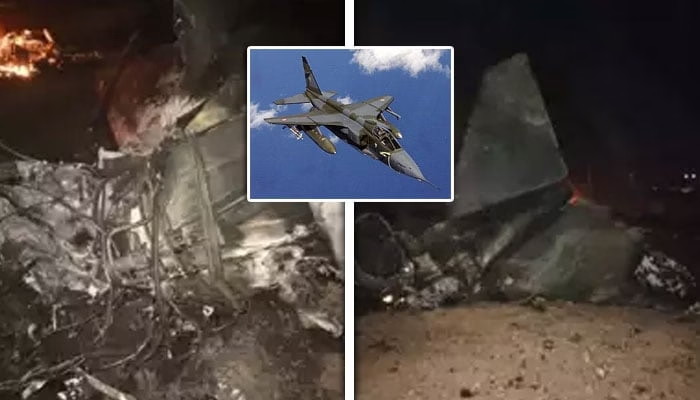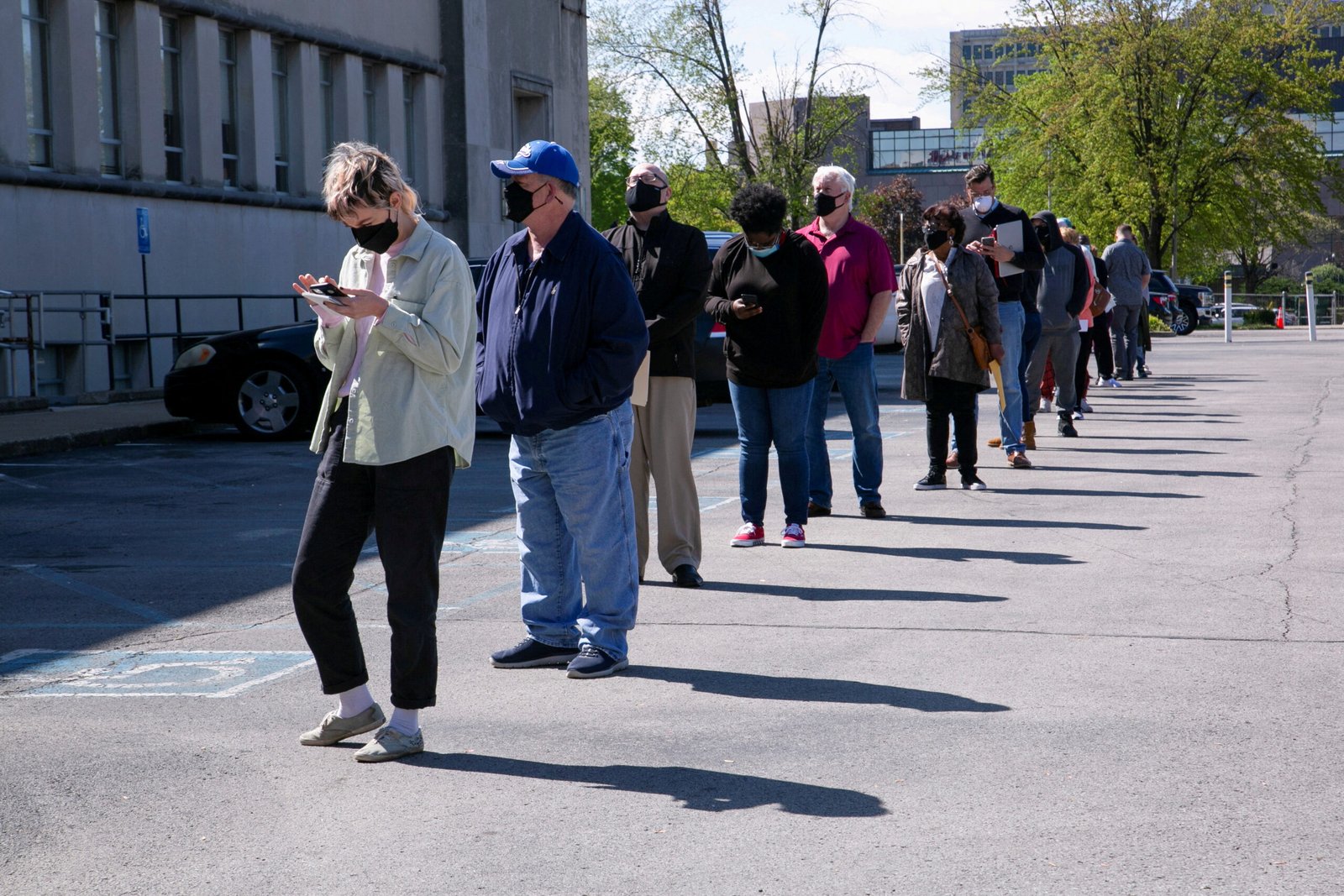US Vice President JD Vance stated on Thursday that Washington hopes India’s response to the recent deadly attack in occupied Kashmir will not escalate into a broader regional conflict.
The April 22 attack in Pahalgam, which claimed 26 lives—mostly tourists—has become one of the deadliest incidents in the region since 2000. India has suggested cross-border involvement without presenting evidence, while Pakistan has firmly rejected the accusations and called for an impartial international investigation.
“Our hope here is that India responds to this terrorist attack in a way that doesn’t lead to a broader regional conflict,” Vance said during an interview on Fox News’ Special Report with Bret Baier. He further added, “And we hope, frankly, that Pakistan, to the extent that they’re responsible, cooperates with India to ensure that terrorists operating in their territory are pursued and held accountable.”
Top US officials, including President Donald Trump, have condemned the attack as an act of terror, expressing solidarity with India but stopping short of directly implicating Pakistan.
While India is seen as a critical US partner in countering China’s growing influence, Pakistan remains a key strategic player, albeit with a reduced role following the US withdrawal from Afghanistan in 2021.
Amid rising tensions, the US has urged both nations to engage in dialogue and avoid further escalation. The State Department confirmed ongoing contact with both sides, with Secretary of State Marco Rubio holding separate calls on Wednesday with Indian Foreign Minister S. Jaishankar and Pakistani Prime Minister Shehbaz Sharif.
Following the attack, Indian Prime Minister Narendra Modi vowed retribution, while Jaishankar emphasized to Rubio that the attackers must be brought to justice. Pakistan, in turn, warned of potential Indian military action and reiterated its call for a neutral investigation.
In the wake of the incident, India suspended the Indus Waters Treaty, and both countries have closed their airspace to each other’s aircraft. Reports also indicate that cross-border firing has resumed, further heightening fears of a military confrontation.



